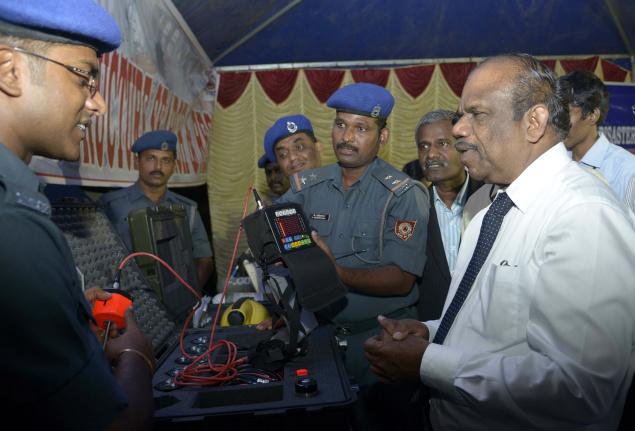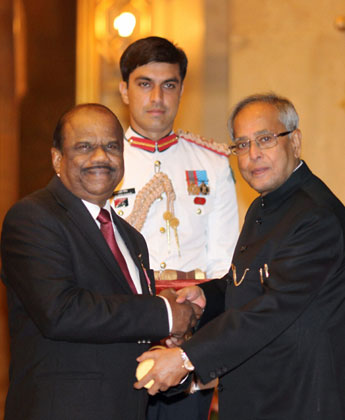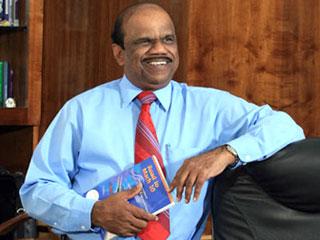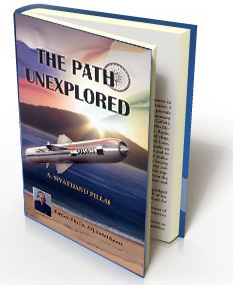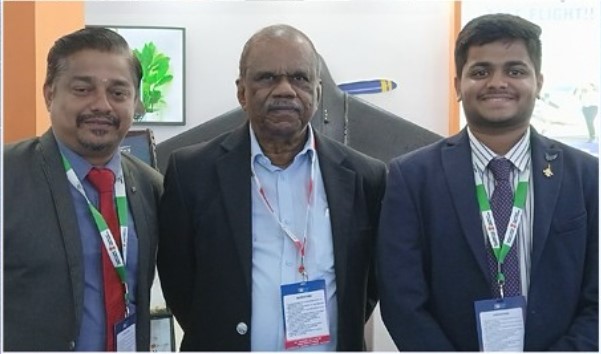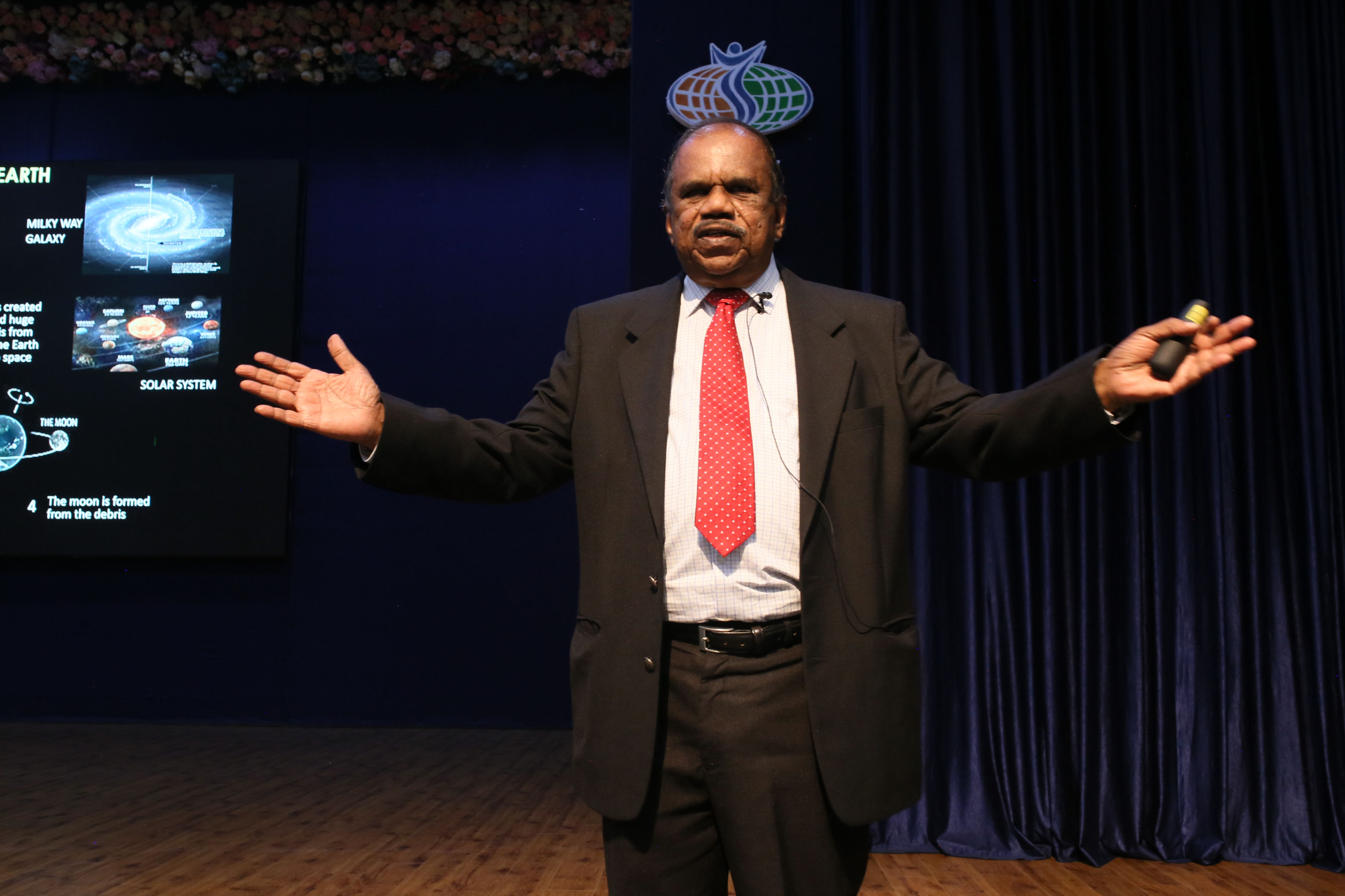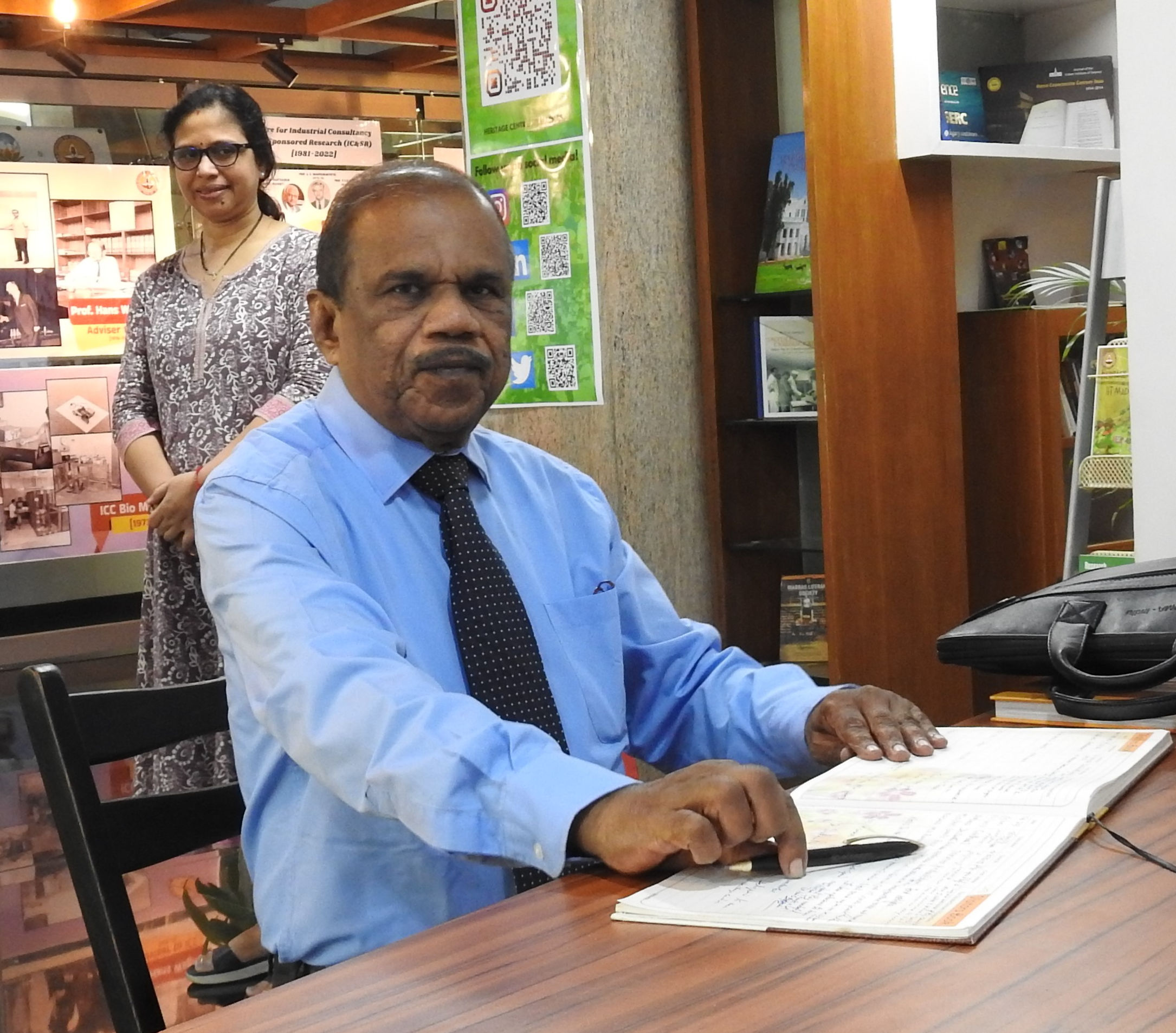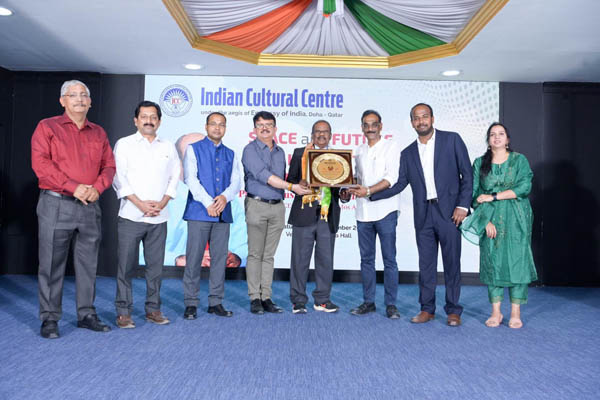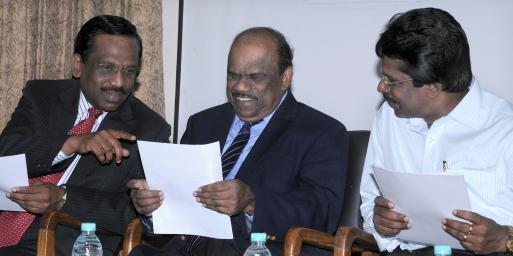
The Defence Research and Development Organisation (DRDO) is looking to expand partnerships with academia and industry for the design and development of products for the Armed Forces, A. Sivathanu Pillai, Chief Controller, Research and Development, DRDO, said on Thursday.
Addressing faculty and students of the University of Madras, Guindy campus, Dr. Pillai said partnerships with academia had resulted in the development of several products with sophisticated military applications.
According to Dr. Pillai, the technology for about 200 products under the Missile Technology Control Regime had been indigenously developed through three-way partnerships among the DRDO, academia and industry.
Dr. Pillai cited as examples the “phase shifter” technology used in real war scenarios developed with IIT-Delhi and the algorithm for a non-parabolic path developed for the surface-to-surface missile Prithvi.
He urged the University of Madras to do a Stanford by building core competencies in niche areas of research. Some of the areas for which the DRDO is seeking collaboration with academia are robotics, smart materials and nano-sciences, he said.
Dr. Pillai also wanted the University to align its research programmes with the national missions on priority areas such as energy, environment, water and healthcare. He advised students and youth to shed the defeatist mindset of going abroad to pursue careers or higher research. He pointed out that almost 38 per cent of scientists at NASA were from India.
Dr. Pillai stressed the need for creating a conducive environment for research in the country. He assured researchers that funds were not a constraint.
The DRDO scientist’s talk on the topic “Can Madras University Generate Nobel Laureates in the Coming Years?” was hosted as part of the Promotion of University Research and Scientific Excellence programme support by the Department of Science and Technology.
Dr. Pillai later felicitated teachers from various departments at the Guindy site.
The Madras University Vice-Chancellor G. Thiruvasagam said it was proposed to develop the nano sciences department and set up a common laboratory facility for 17 affiliate varsities.
S. Sriman Narayanan, Dean of Research also spoke.




